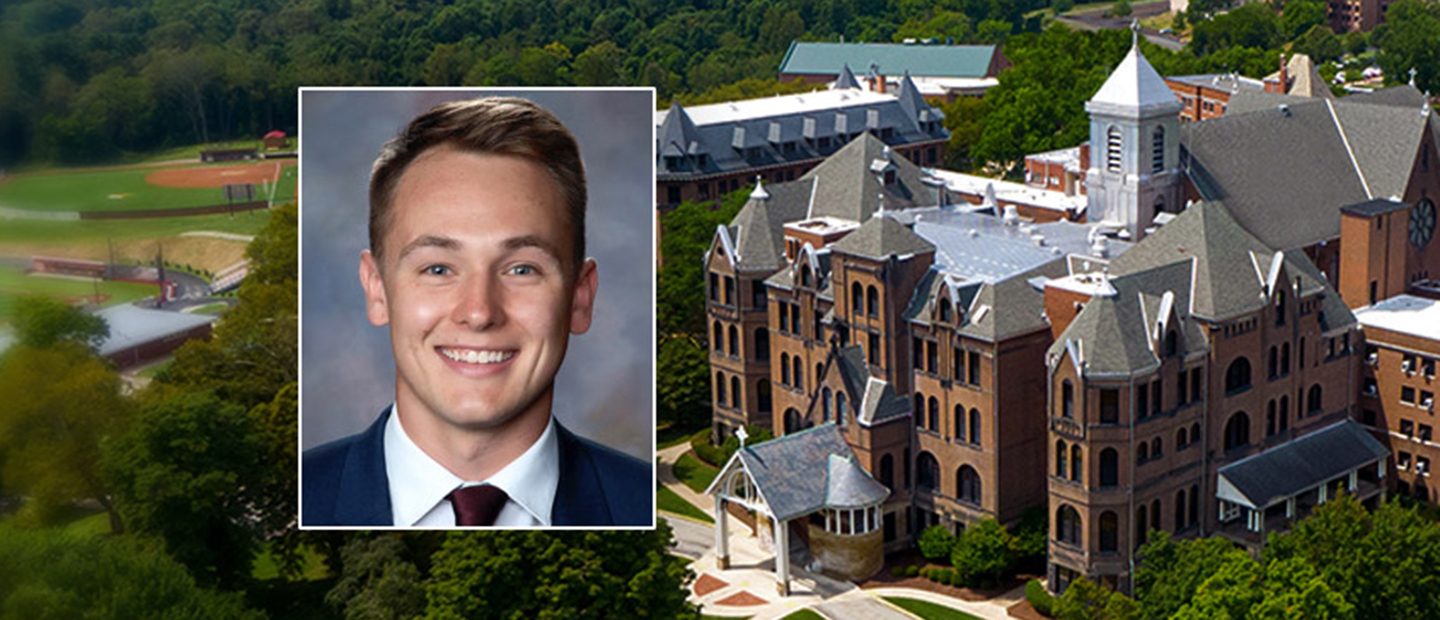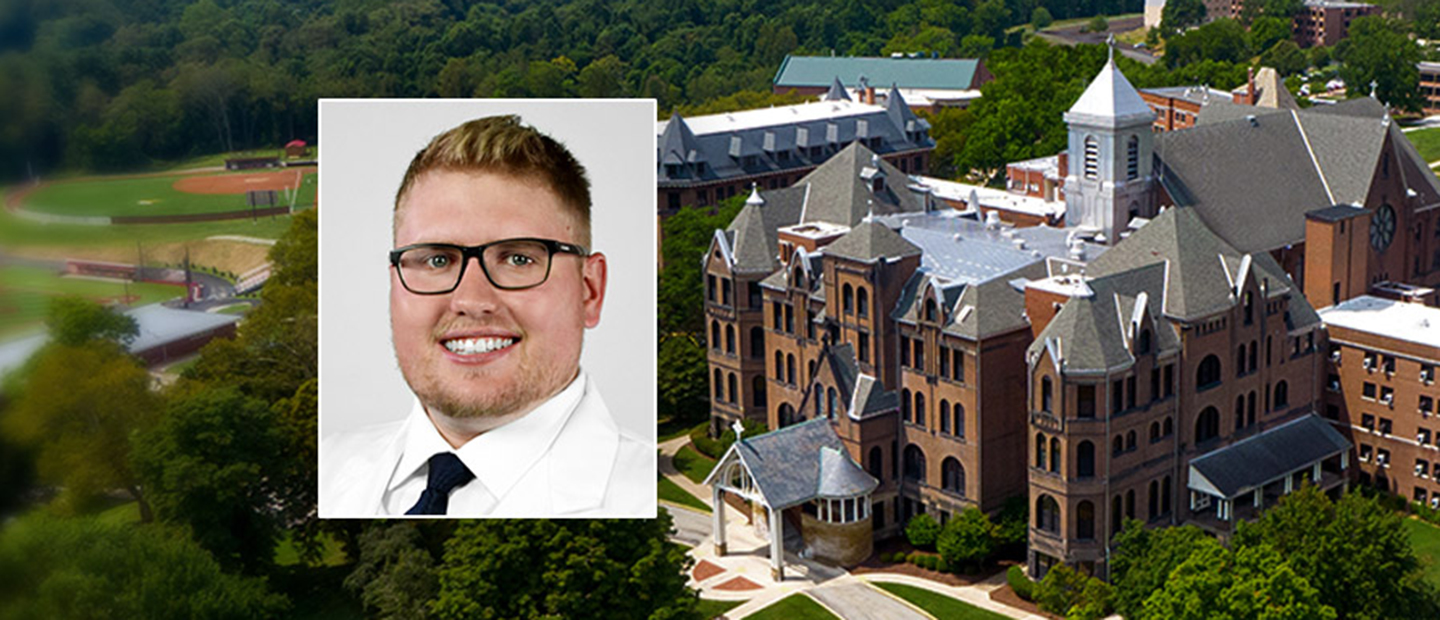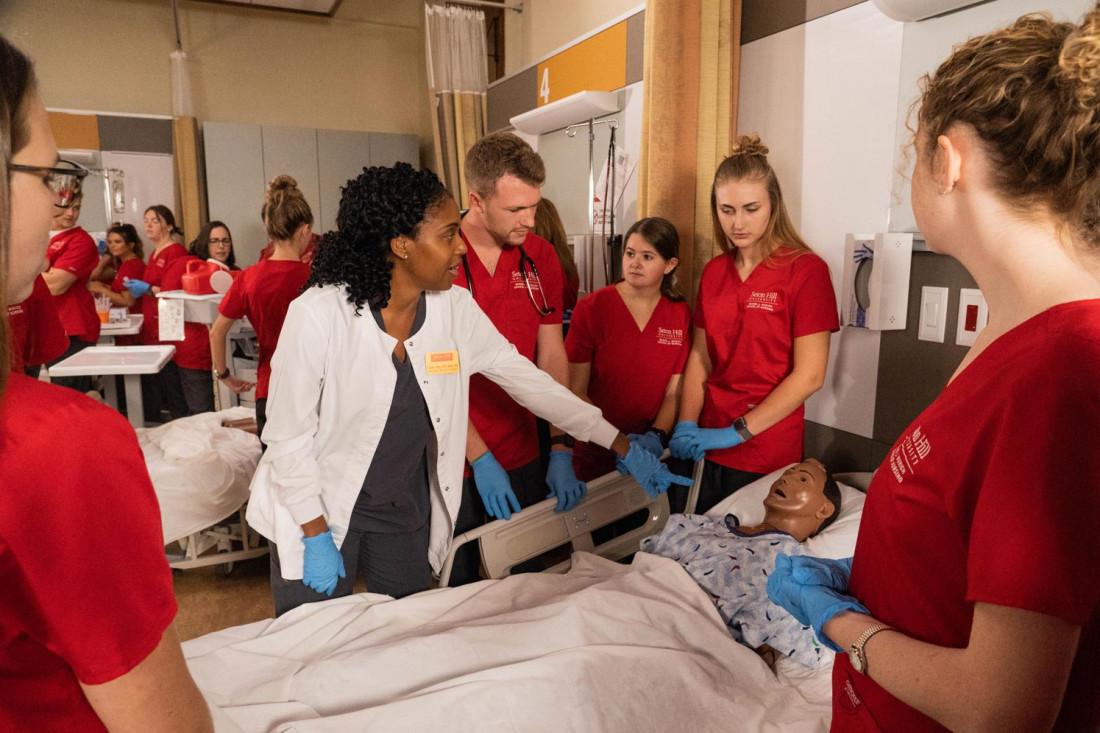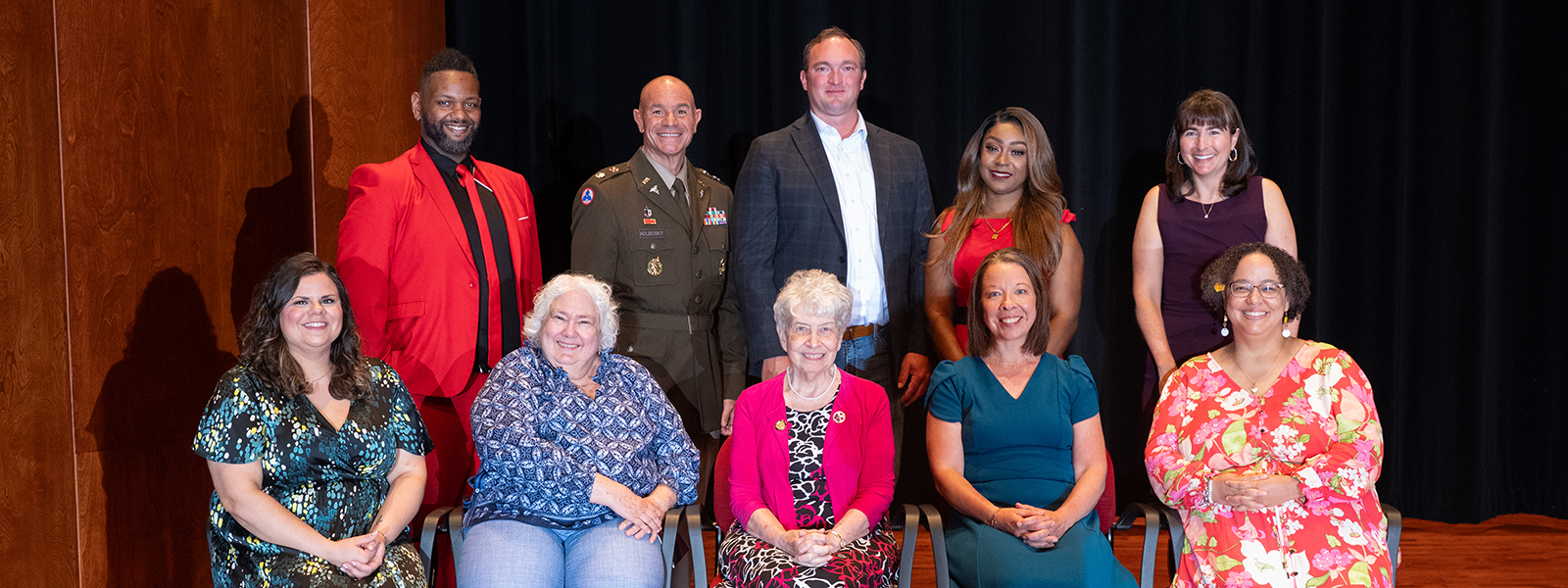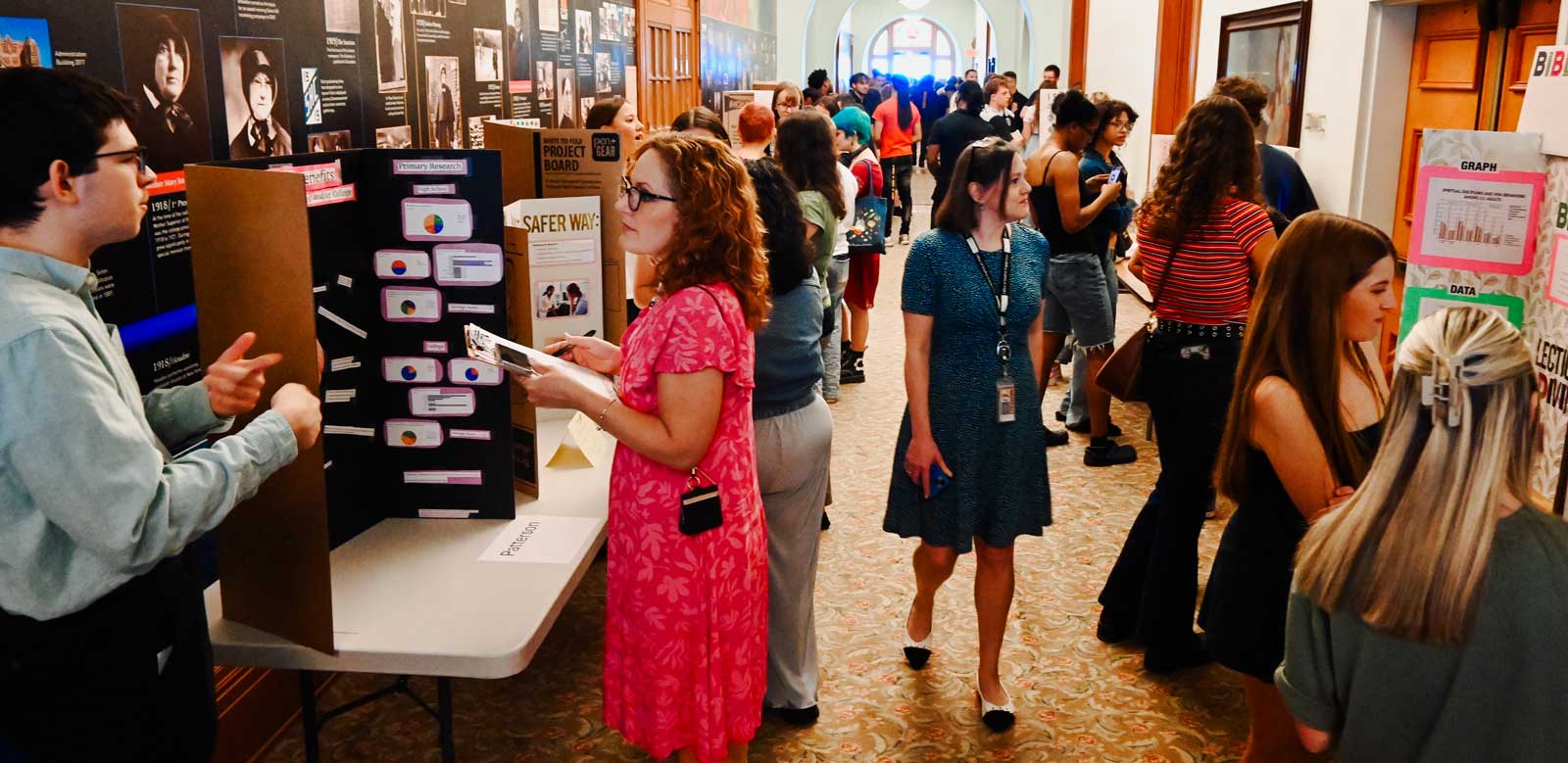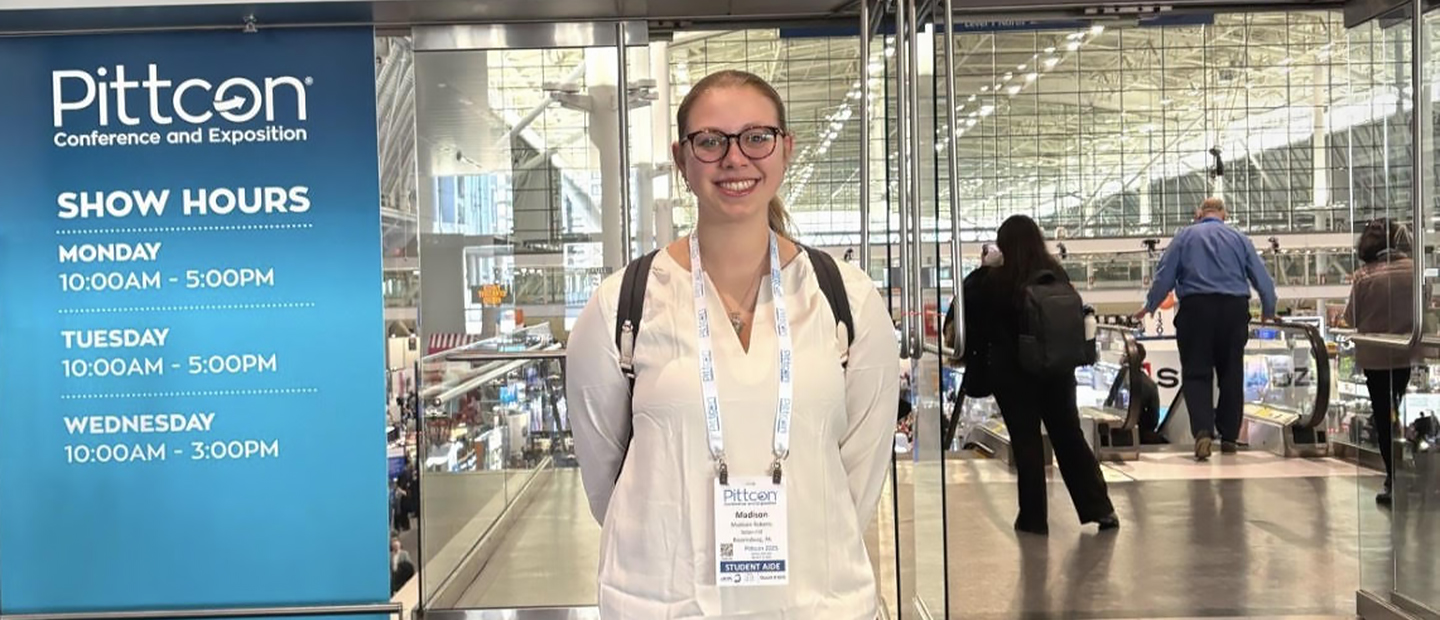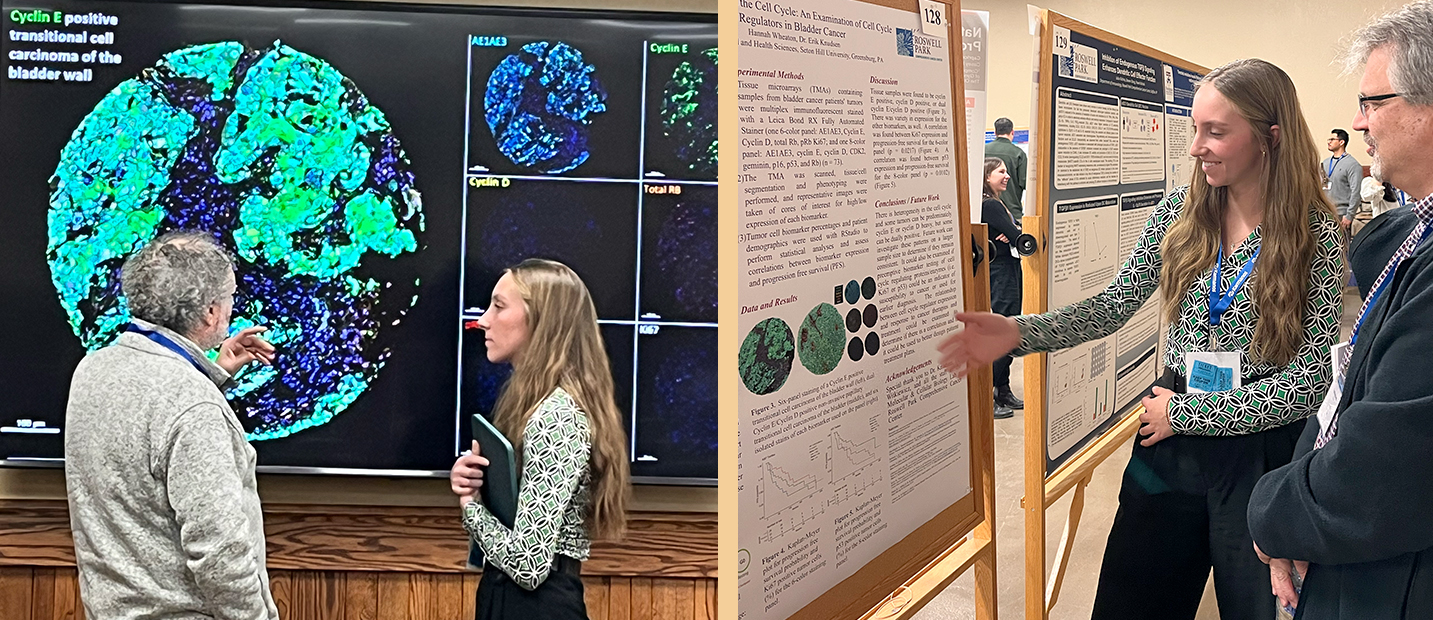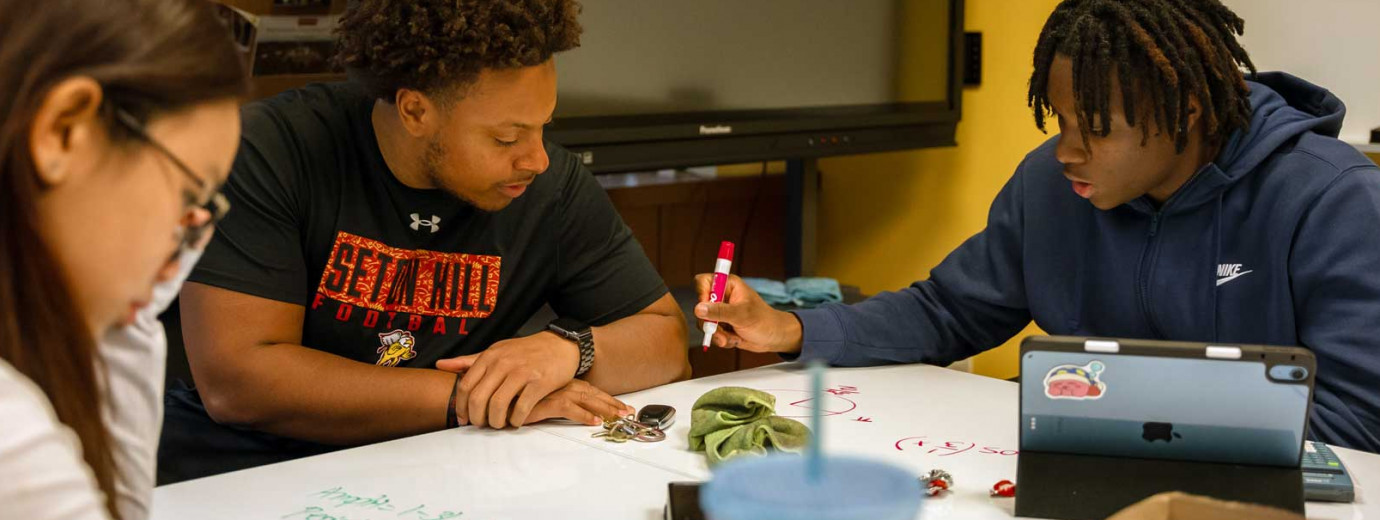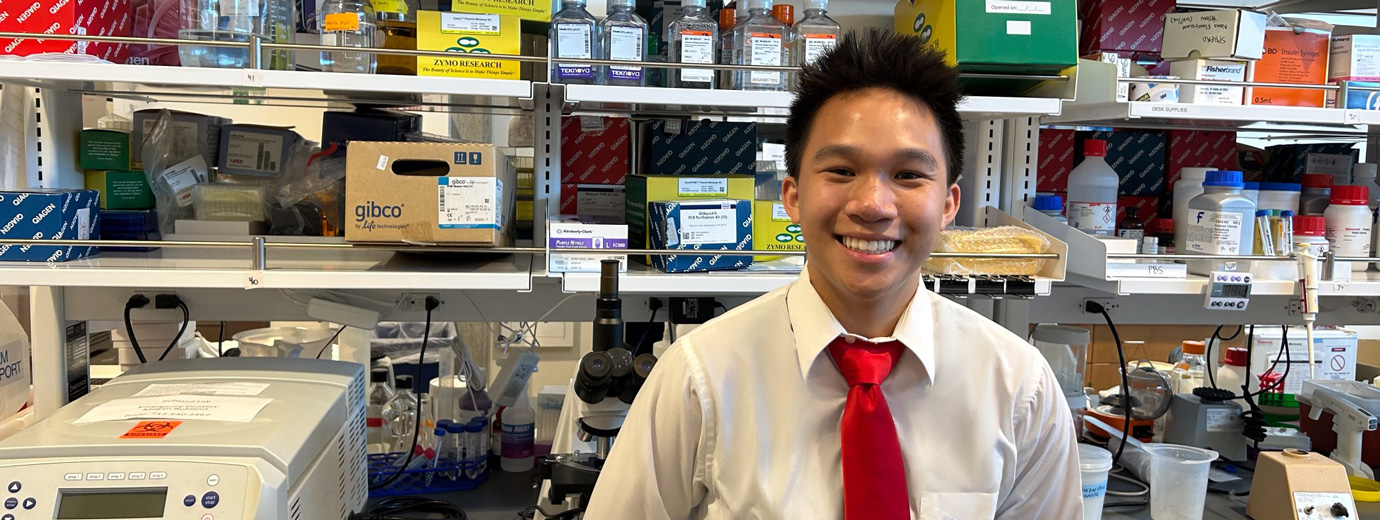Biology (B.A., B.S.)
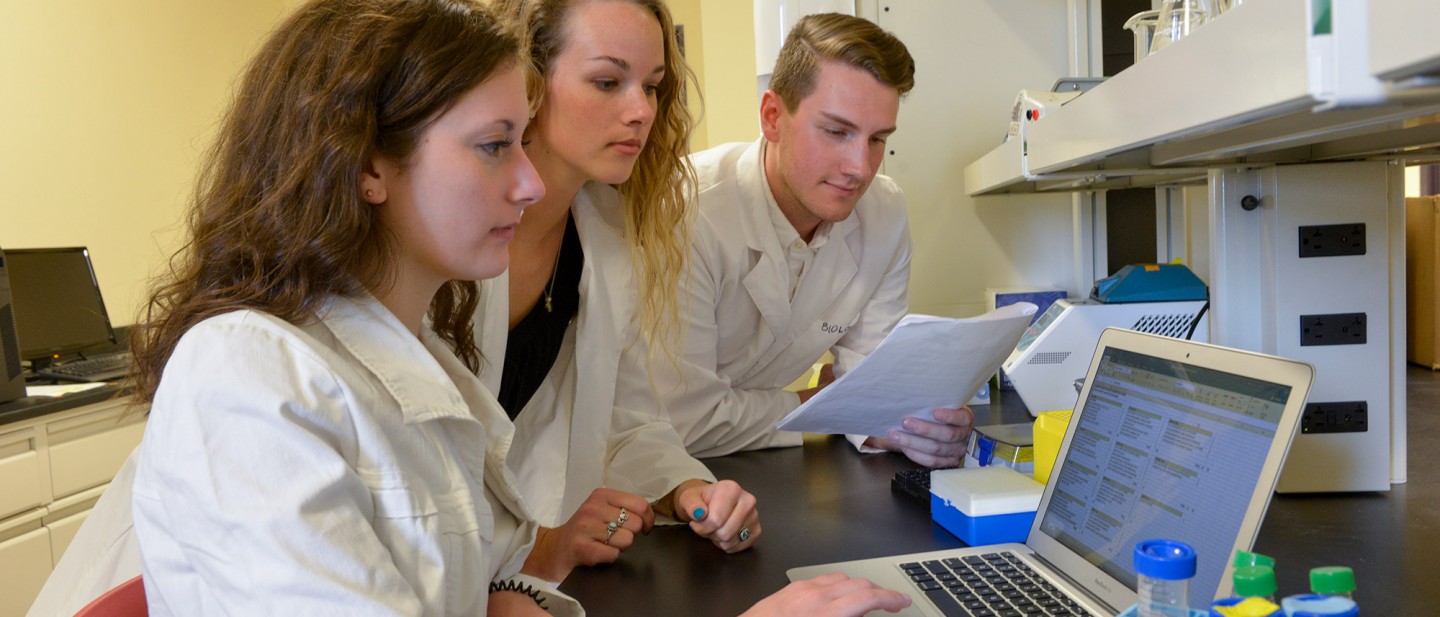
Earn Your Degree in Biology
The Science of Opportunity
Biologists learn how living things work, how they interact with one another, and how they evolve. Studying biology will teach you to ask questions, make observations, evaluate evidence and solve problems. If you choose to major in biology, you may:
- Study the evolution, natural history, and conservation of plants and animals.
- Investigate the interactions of living organisms with the environment and each other, both at the macro- and molecular level.
- Conduct research both in the classroom and independently.
- Have a career in research, pharmaceuticals, biotechnology, or medicine.
What biologists do increases understanding of our natural world, and helps us address issues of personal well-being and worldwide concern, such as environmental degradation, threats to human health, and maintaining viable and abundant food supplies.
Why Study Biology at Seton Hill?
Boyle Health Sciences Center
Seton Hill’s new Boyle Health Sciences Center provides science students with the best in academic, clinical and research facilities and resources.
I want to know more about the Boyle Center!
Labs
Because laboratory courses at Seton Hill are small, you will do more than just watch experiments - you will perform them yourself, using the same sophisticated facilities and equipment that your professors use.
Research & Internship Opportunities
At Seton Hill, you’ll have the opportunity to take part in ongoing research, both here on campus and through research internships at universities and institutions across the country. Recent science and health majors have participated in research projects at the Mayo Clinic (cell biology), University of Pittsburgh (microbiology), Ohio State University (HIV) and Johns Hopkins University (prostate cancer).
Current and recently-completed research projects here on The Hill include: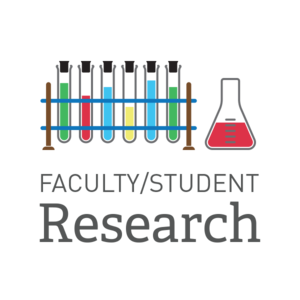
- An inquiry-based, semester-long drug discovery project conducted through General Biology Laboratory 1, identifying and characterizing the medicinal effects of plants.
- A semester-long research study conducted through General Biology Laboratory 2 investigating the ecological effects of micropollutants.
- An inquiry-based, semester-long research project conducted through Cell Biology Laboratory studying the impact of chemicals on cell survival and protein expression.
- The antimicrobial efficacy of foods containing monosaccharides, sulfoxides, alkaloids, flavonoids, and terpenoids on human microbiome bacteria growth and survival.
- Identification and characterization of novel bacteriophages for the development of bacteriophage therapy.
- A multi-year study exploring the acclimatory and adaptive constraints to plant rarity funded by the National Science Foundation.
- The characterization of how anatomical and physiological systems work together to generate animal locomotion.
- View more recent research projects and internships completed by Seton Hill students here.
Career Services for a Lifetime
A degree in biology leads the way to a variety of careers in multiple industries. Biology majors often choose careers in:
- Medicine
- Healthcare
- Biological Science
- Microbiology
- Environmental Science

- Wildlife Biology
- Conservation Science
- Education
At Seton Hill, your study in biology will prepare you to:
- Begin working in the field right after you graduate with your bachelor’s degree.
- Move easily into advanced study in graduate or medical school. (Seton Hill also offers a Biology-Pre-Med B.S. specifically for students who are focused on a medical career.)
Plus, Seton Hill’s award-winning Career and Professional Development Center will work with you to find the best internships and career opportunities. We're dedicated to your success, so our career services will be available to you whenever you need them, even after you graduate.
Admissions & Aid
At Seton Hill University, we offer streamlined admissions requirements and a comprehensive aid program.
Biology Degree Options
Loading...
Loading...
Want to know more?
Ready to Take Your Next Step Forward?
Faculty
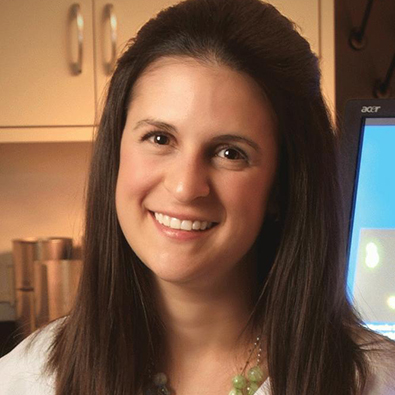
Jamie Fornsaglio
Professor of Biology
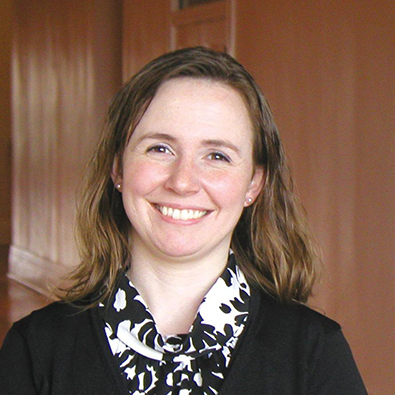
Demetra Chengelis Czegan
Dean, College of Health Professions and Natural Sciences
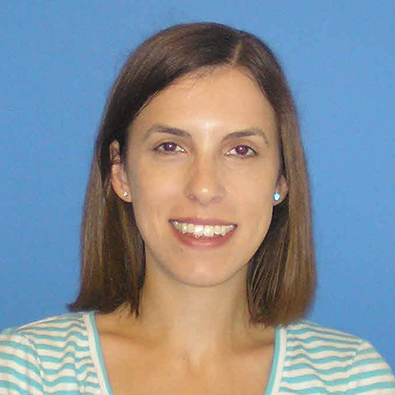
Jessica Brzyski
Associate Professor of Biology
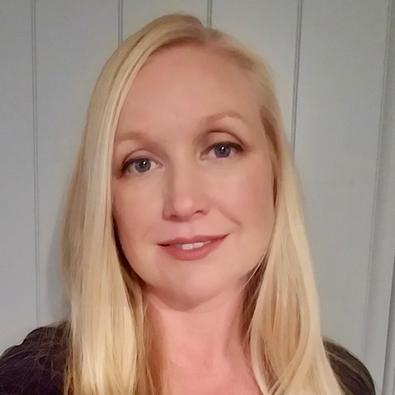
Bobbie Leeper
Associate Professor of Biology & Physician Assistant Programs, Coordinator of Medical Studies
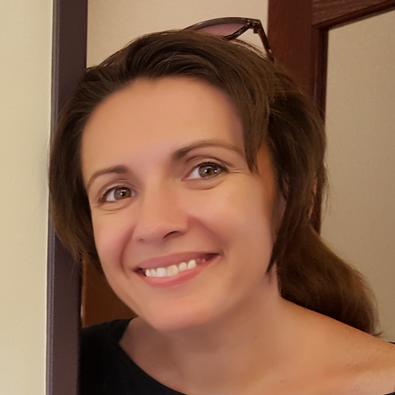
Ja'Nean Reay
Associate Professor of Biology

Donna Haworth-Ward
Assistant Professor of Biology
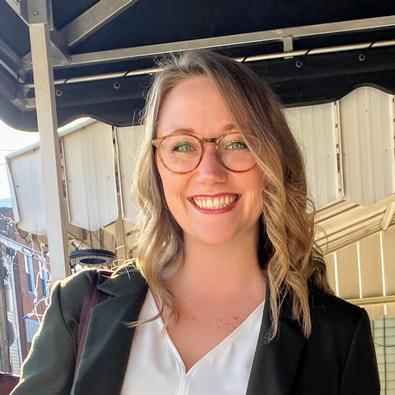
Nicole McAllister-Conrad, Ph.D
Assistant Professor of Biology
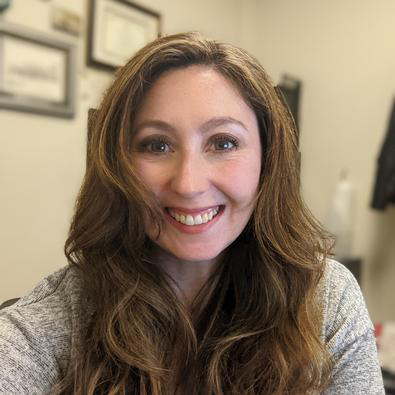
Renee Rosier
Assistant Professor of Biology
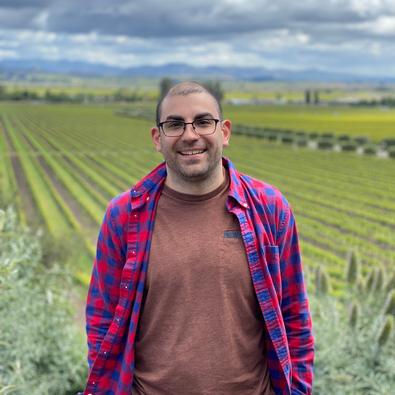
Brett Aiello
Assistant Professor of Biology
